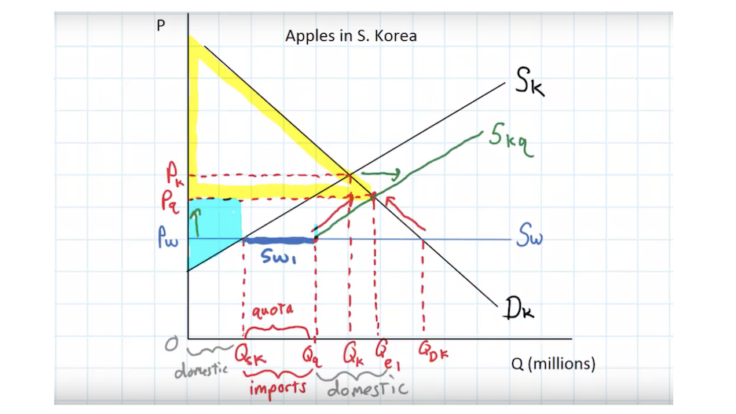Rule of Law is the Bedrock of Trade Agreements
The fundamental goal of any trade agreement is to promote and undergird government adherence to rule of law, which in turn enables private economic activity to thrive. When coupled with commitments to market access, individuals and companies are free to do business anywhere in the world.









